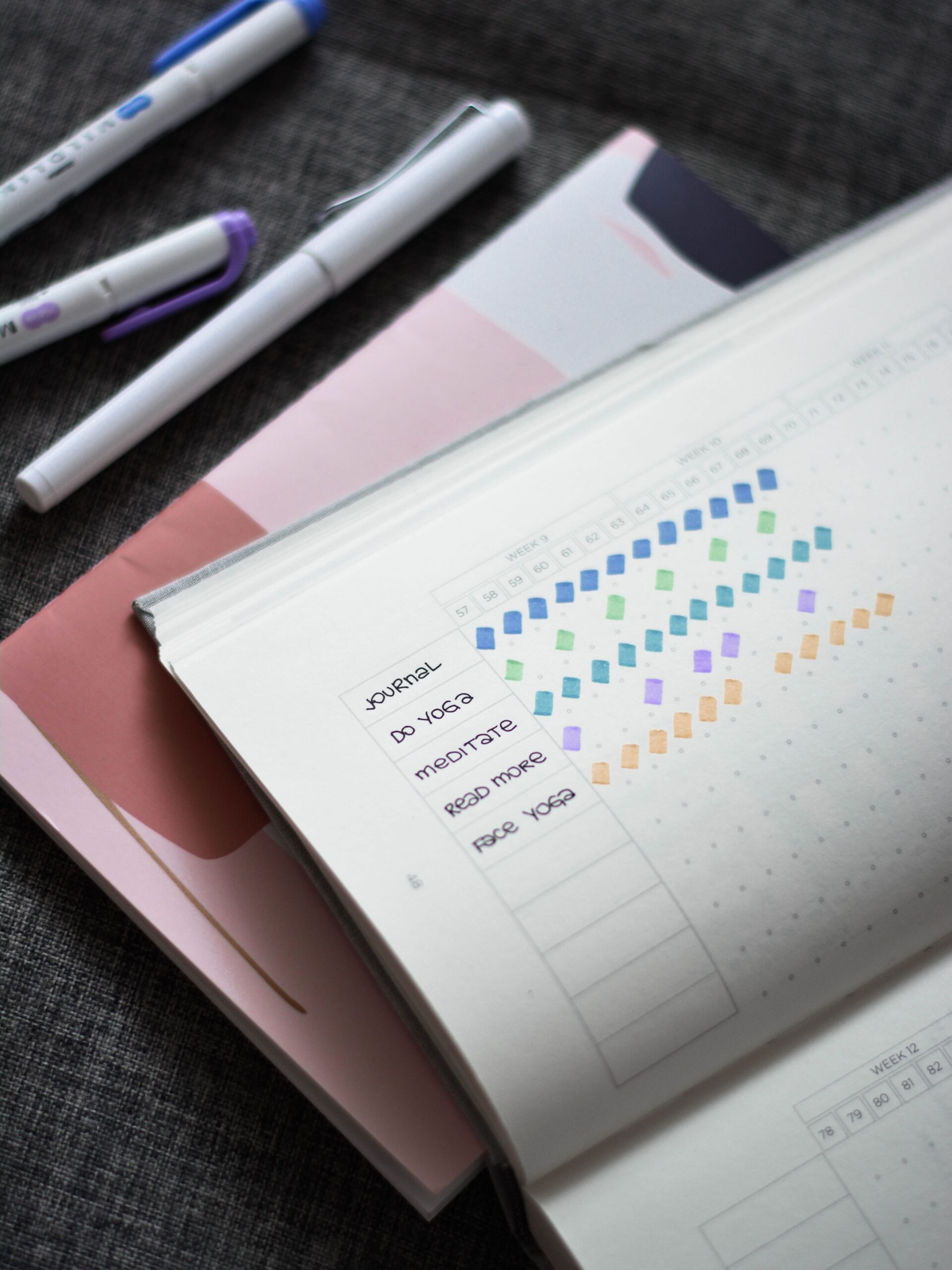
4 Steps to Create Your Unique Writing Routine
You already have routines in your life that you do throughout the day subconsciously. Getting up in the morning, you may have a routine to make coffee, eat breakfast, shower, then get ready for work. Even your children have routines for the things they do, but what about a writing routine.
The problem is, is that creating a routine you don’t already have is freakin hard sometimes. Or even getting back into a routine. You have one for the summer months and a different one for school months, right?
Well, now it’s time to get that writing routine down.

What is a Routine?
A routine is a set of activities, chores or duties that are completed regularly or at specified times throughout the day. These are those things you do everyday at or around the same time. I’m sure you have a morning routine as mentioned above and even an evening routine before going to bed. You may even have routines throughout the day as you move through your schedule. These have become second nature to you because you have been performing these activities for a while. They’ve become a natural activity.
Why start a writing routine?
Just sitting down to write can be a struggle at times. Then things get in the way, you procrastinate thinking you’ll get to it when this other thing is complete. Trust me, I’ve done it. Cleaned my office, organized my books, wiped down my desk, even re-arranged my office!
That habit of procrastinating when sitting down to write becomes something hard to break because you’ve now associated writing with everything else.
Routines provide structure and even balance in your life. Once in place, they are a staple to complete habits that would otherwise go forgotten.
How to Start a Writing Routine

Starting any routine is difficult, trust me, I’ve been trying to add to my routine and it went great for about a week. Then something happened that was out of routine and it all went down hill from there. I’ve been trying to reintegrate the activity, but it’s definitely not easy to keep with the routine. So, hopefully these steps will make your process a bit easier.
Your Writing Space
I’m putting this first because this is where you will be spending most of your time. Your space is where you will not only write, but prepare to write. It’s where all your things should be kept to write already. If you don’t have a space for your writing that is all your own, I highly suggest you search one out.
This space should be somewhere you’re able to concentrate on writing. It’s a designated place to go. I also recommend (and I know most wouldn’t) that you have a travel place as well. It’s all about the atmosphere and sometimes you need that atmosphere to help with your writing.
Keep in mind to find a place (or places) that are comfortable, where you can work and focus on your writing and provides little distraction to the writing you are doing. For example, if you’re working on a scene where they are in a park, being in a park would help your relay the scene more naturally as you are there experiencing it as you’re writing. At least, that’s what I’ve found.
Action Triggers
An action trigger is the thing (or activity) that will prep your brain into getting ready to write. Every time you do this action before you begin your writing, your brain will automatically relate that to “It’s time to write”. This could be making a drink (coffee or tea), getting a snack, gathering your materials, selecting a playlist or some other activity.
These action triggers will not only create a comforting atmosphere, but will also allow you to work without getting up for something causing you to lose focus and having to regain it.
This activity could also be something that you love, read a chapter in your favorite book. (but only a chapter!), a page in a puzzle book to get your brain going, or some other activity you may love. What this or these activities are, are completely up to you. Think about what you do to get ready to write (not procrastinating activities) and what things you may want to add to get you started, such as the drink and snack, grabbing your favorite pen, or decluttering your desk.
Think About Your Available Time
When you don’t have a plan, you don’t know when to write, when to do housework or when to relax. You do whatever feels good (or annoys you at the time) and then you complete everything else that comes to mind. By the time you’re done, you realize you spent all day doing other things and are now scrambling to get your writing in for the day.
Setting a time and schedule for each day gives you the organization and structure you need to get your writing done each day without overwhelm and distractions. As with your action trigger, set your writing time for the same time each day, if possible.
I know it’s not easy, but you should try to at least use the same time period for each “weekday” as you can. So if you can write from 8am to 10am on Mondays, then 4 to 5pm on Tuesdays, be sure to stick with those times each specific day so you get used to your schedule and routine as the days go. Or if you are just using work breaks to get writing done, then use those breaks.
However you feel you could get your writing in whether that’s each day, once a week, or you just want to enjoy writing when there’s an even going on like National Novel Writing Month, make certain you stick to the routine and schedule those times in. You do what’s best for you!
Celebrate Your Wins (No Matter How Small)

When you’re just starting a routine, it’s hard to stick with it for the long haul when it hasn’t become natural yet. Find ways to celebrate your wins, even those small ones. When just starting out with your new routine, celebrate that day for setting up the routine. Then when you’ve done it for half the week, then the week, then two, then a month, then three months and so on, until it becomes natural.
Celebrate your progress within your writing as well. You completed a difficult scene, give yourself a small reward. Finished a chapter, another small reward. One small suggestion though, find rewards that don’t interfere with your writing or other habits (weight loss). Listen to your favorite song, watch an episode of your favorite show, play a video game, get a new bookmark or small book related item, etc.
If you don’t find success in your journey, even in the small things, you’ll never find the courage to keep going.
Final Thoughts
Starting a new writing routine is not easy, but if you set up your space, find the time and schedule it in, create habits that assist you in getting your mind on your writing, and allow yourself small rewards; you’ll succeed in your routine as well as your writing endeavors. I wish you all the best in your writing journey!






